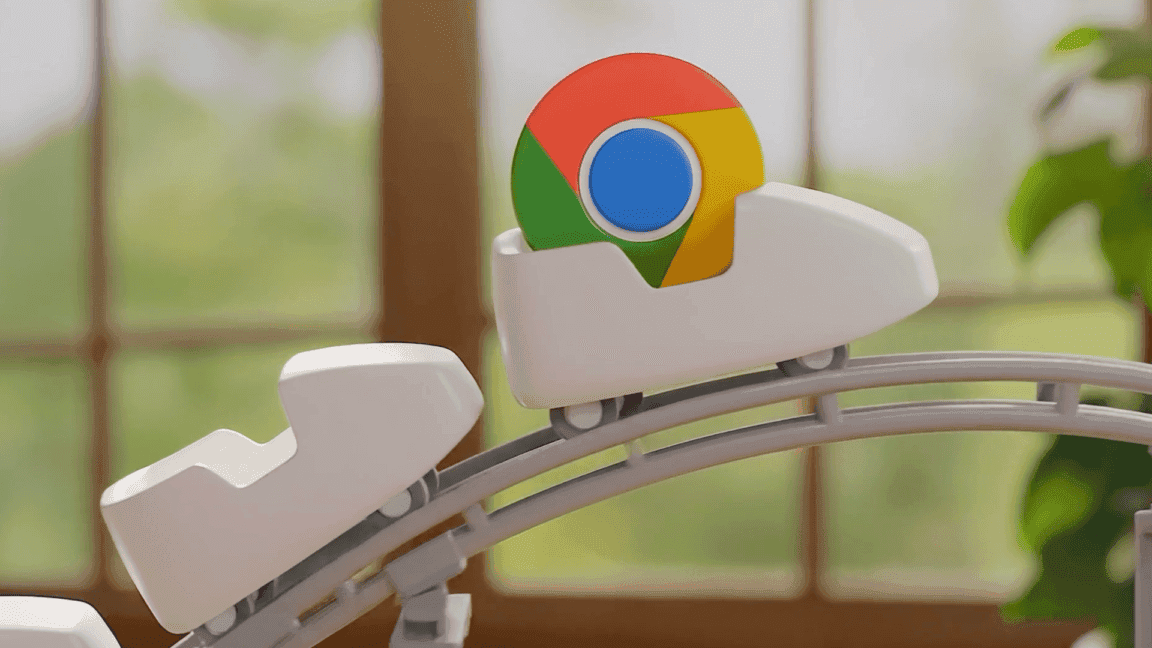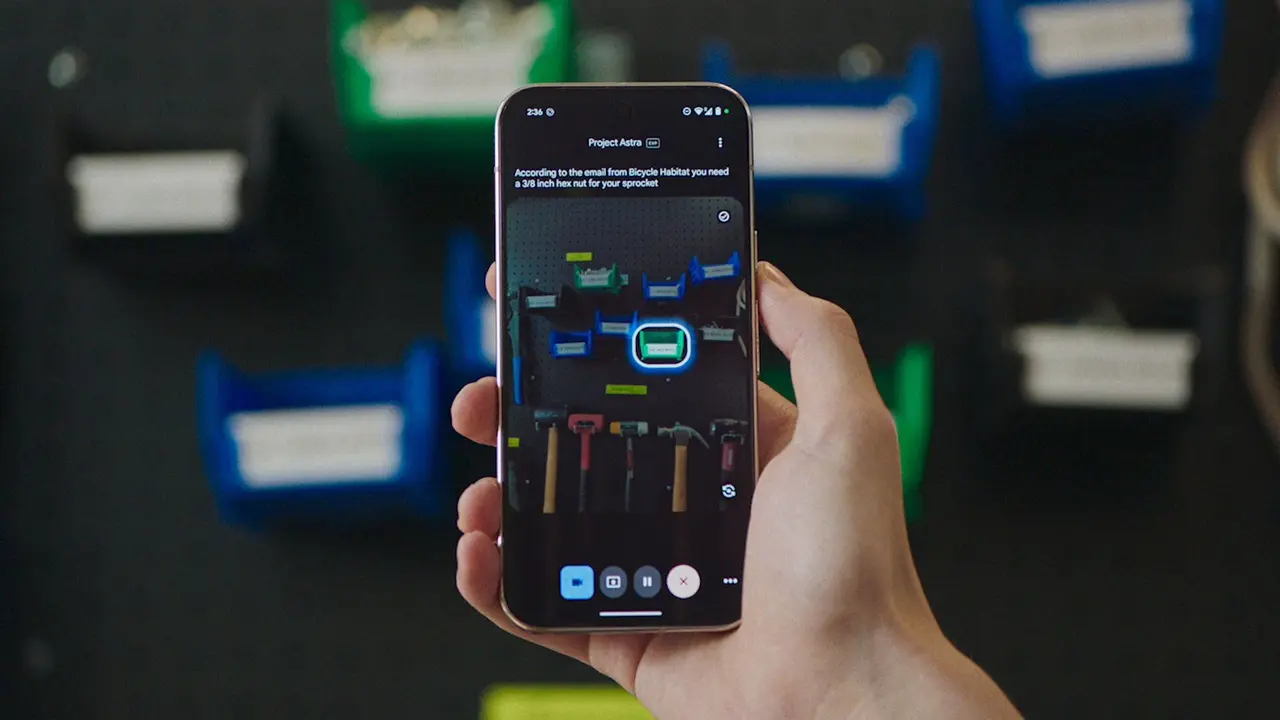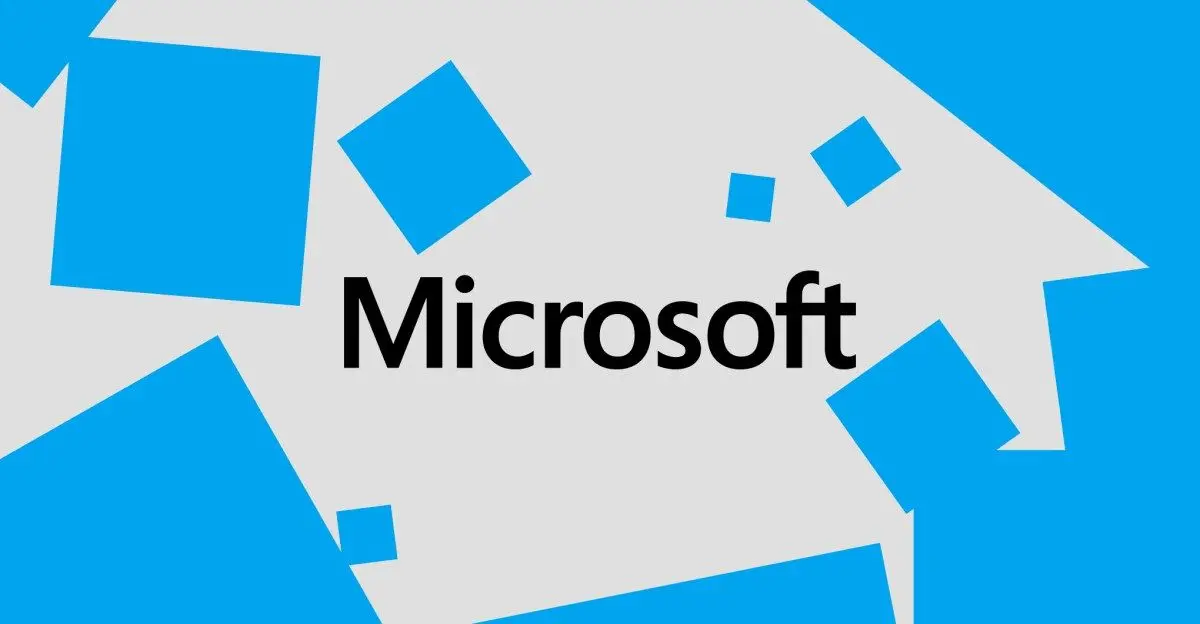EU's AI Act Criticized for Copyright Loopholes, Leaving Creatives Vulnerable
2 Sources
2 Sources
[1]
European Union under fire for failing to protect creatives from AI copyright loopholes
The European Union is facing growing backlash for what many are calling a devastating copyright loophole in the implementation of its AI Act. Critics, including Axel Voss, a key architect of the 2019 EU copyright directive, argue that the law was not designed with generative AI models -- such as those that can create text, music, or images based on simple prompts -- in mind. While the Artificial Intelligence Act aims to regulate tech firms, Voss claims it fails to safeguard the rights of European creatives, leaving them vulnerable to exploitation by major tech companies. The lack of strong provisions on copyright protection, especially concerning the controversial text and data mining (TDM) exemption, has alarmed authors, musicians, and cultural organizations. They argue that the current framework allows large companies to freely harvest vast amounts of intellectual property without providing fair compensation or proper recognition for the original creators. With no practical means for creatives to opt out of having their work used in AI applications, many fear that their rights are being trampled. For now, it remains to be seen how the EU will address these concerns and whether more robust legislation will be introduced to protect creative industries.
[2]
EU accused of leaving 'devastating' copyright loophole in AI Act
Architect of copyright law says EU is 'supporting big tech instead of protecting European creative ideas' An architect of EU copyright law has said legislation is needed to protect writers, musicians and creatives left exposed by an "irresponsible" legal gap in the EU's Artificial Intelligence Act. The intervention came as 15 cultural organisations wrote to the European Commission this week warning that draft rules to implement the AI Act were "taking several steps backwards" on copyright, while one writer spoke of a "devastating" loophole. Axel Voss, a German centre-right member of the European parliament, who played a key role in writing the EU's 2019 copyright directive, said that law was never conceived to deal with generative AI models: systems that can generate text, images or music with a simple text prompt. Voss told the Guardian that "a legal gap" had opened up after the conclusion of the EU's AI Act, which meant copyright was not enforceable in this area. "What I do not understand is that we are supporting big tech instead of protecting European creative ideas and content." The EU's AI Act, which came into force last year, was already in the works when ChatGPT, an artificial intelligence chatbot that can generate essays, jokes and job applications, burst into public consciousness in late 2022, becoming the fastest-growing consumer application in history. ChatGPT was developed by OpenAI, which is also behind the AI image generator Dall-E. The rapid rise of generative AI systems, which are based on vast troves of books, newspaper articles, images and songs, has caused alarm among authors, newspapers and musicians, triggering a slew of lawsuits about alleged breaches of copyright. Voss said he had been unable to get majorities of EU lawmakers to ensure strong copyright protection when the issue emerged in the late stages of negotiating the AI Act. The absence of strong provisions on copyright was "irresponsible" and it was "unbelievable" that the legal gap remained, he said. He would like to see legislation to fill that gap, but said it would take years, after the European Commission's decision last week to withdraw the proposed AI Liability Act. "It might be getting very difficult. And so the infringement of copyright is continuing, but nobody can prove it." The AI Act states that tech firms must comply with 2019 copyright law, which includes an exemption for text and data mining. Voss said this exemption from copyright law was intended to have a limited private use, rather than allow the world's largest companies to harvest vast amounts of intellectual property. The introduction of the TDM exemption in the AI Act was "a misunderstanding", he said. This view was reinforced by a significant academic study last year by the legal scholar Tim Dornis and the computer scientist Sebastian Stober, which concluded that the training of generative AI models on published materials could not be considered "a case of text and data mining" but "copyright infringement". Meanwhile, the TDM exemption has sent shock waves across creative professions. Nina George, a German bestselling author whose works has been translated into 37 languages, described the TDM exception as "devastating". Exclusions from copyright, she said, were originally intended to balance the interest of authors against those of the public, such as allowing schools to photocopy texts. "These AI exceptions for commercial use mean that business interest will be served for the first time," she said. "This is a shift of paradigms [and] a perverted way to bend copyrights and authors' rights to serve the interest of a few businesses." George, who is president of honour at the European Writers Council, said she had no way of finding out if any of her works had been used to feed generative AI systems. "The lack of instruments to enforce any rights, this is the scandal in the construction of the AI Act [in] relation to copyright directive." Aafke Romeijn, a Dutch-language electropop artist, said there was no practical way for creatives to opt out of having their work used in AI applications. Companies are not currently obliged to report on the content used to feed generative AI models. From 2 August, tech firms will have to provide a summary of data used in AI models, but details are still being decided. Voss said the latest draft rules on the summary from the EU's AI office were "not sufficiently detailed" to protect artists. In a letter to the Commission this week, 15 cultural organisations said the draft summary proposals failed to ensure transparency. More generally, the organisations wrote: "The impact of AI on the authors and performers we represent constitutes a systemic risk." Romeijn, who is on the board of the European Composer and Songwriter Alliance, which co-signed the letter, said she had been told by senior EU officials to take tech companies to court to preserve her copyright. "Who is actually going to take a big tech company to court?" she asked, citing cost, time, loss of earnings and potential damage to reputation. "It is just a very impractical way of implementing legislation." The European Council of Literary Translators' Associations, which represents 10,000 translators in 28 countries, said it was very concerned about copyright and AI. "Books are written by human authors and must be translated by human translators to preserve the artistic virtues of the literary work," it said in response to questions. "We firmly believe that authors, performers and creative workers must have the right to decide whether their works can be used by generative AI and, if they consent, to be fairly remunerated." In December, mostly the same cultural organisations wrote to the European Commission vice-president Henna Virkkunen to raise concerns that EU law "fails to adequately protect the rights of our creative communities and the value of their cultural works". On Monday, nearly 11 weeks later, the commission had not replied, according to three signatories. "So far it does not seem that she [Virkkunen] has an ear or an understanding - I am sorry to say that - of the whole value chain and how it works in the cultural and creative industries," said George. Brando Benifei, an Italian Social Democrat who jointly represented the European parliament in negotiations on the AI Act, contested the view that creatives were unprotected. He described the AI Act as "a very strong text" that had the potential to create "a very large rebalancing of power between the developers and the rights holders". From "day one" after the law was voted in, there had been an effort "to dilute and to interpret in a minimalistic way the provisions", he added. "[This] has been the obsession of the big tech companies because it is probably the part of the AI act that can be most impactful in terms of costs for the big generative AI companies." A European Commission spokesperson said it was "closely monitoring the global challenges that AI technology development poses to the creative industry" and was "committed to maintaining a balanced approach that fosters innovation while protecting human creativity". "We are assessing the need for additional measures, outside the AI framework," the spokesperson added, declining to say whether this meant new legislation.
Share
Share
Copy Link
The European Union faces backlash over a copyright loophole in its AI Act, potentially exposing creatives to exploitation by tech companies using their work for AI training without proper compensation or recognition.

EU's AI Act Under Fire for Copyright Loopholes
The European Union's Artificial Intelligence Act, designed to regulate tech firms, has come under intense scrutiny for what critics call a "devastating" copyright loophole. This oversight potentially leaves European creatives vulnerable to exploitation by major tech companies, sparking a heated debate about intellectual property rights in the age of AI
1
.Key Concerns and Criticisms
Axel Voss, a German centre-right member of the European Parliament and a key architect of the EU's 2019 copyright directive, has been vocal about the shortcomings of the AI Act. He argues that the current legislation was not conceived to deal with generative AI models, which can create text, images, or music based on simple prompts
2
.The main point of contention is the text and data mining (TDM) exemption, which allows for the use of copyrighted materials for certain purposes without explicit permission. Critics argue that this exemption, originally intended for limited private use, is being exploited by large tech companies to harvest vast amounts of intellectual property without fair compensation or recognition for the original creators
1
2
.Impact on Creative Industries
The implications of this loophole are far-reaching for the creative sector. Authors, musicians, and cultural organizations have expressed alarm over the lack of strong provisions for copyright protection in the AI Act. Nina George, a bestselling German author, described the TDM exception as "devastating," noting that it shifts the paradigm to serve business interests rather than balancing the rights of creators and the public
2
.Aafke Romeijn, a Dutch electropop artist, highlighted the practical challenges faced by creatives, stating that there is currently no effective way for artists to opt out of having their work used in AI applications. This lack of control over their intellectual property has left many in the creative community feeling powerless
2
.Related Stories
Calls for Action and Proposed Solutions
In response to these concerns, 15 cultural organizations have written to the European Commission, warning that the draft rules to implement the AI Act are "taking several steps backwards" on copyright. They argue that the impact of AI on authors and performers constitutes a systemic risk that needs to be addressed urgently
2
.Voss and others are calling for new legislation to fill the legal gap and protect European creative ideas and content. However, the process of introducing such legislation could take years, especially after the European Commission's recent decision to withdraw the proposed AI Liability Act
2
.The Road Ahead
As the debate continues, the EU faces the challenge of balancing innovation in AI with the protection of intellectual property rights. The outcome of this controversy will likely have significant implications for the future of creative industries in Europe and the global development of AI technologies.
References
Summarized by
Navi
[1]
[2]
Related Stories
Recent Highlights
1
Elon Musk merges SpaceX with xAI, plans 1 million satellites to power orbital data centers
Business and Economy

2
SpaceX files to launch 1 million satellites as orbital data centers for AI computing power
Technology

3
Google Chrome AI launches Auto Browse agent to handle tedious web tasks autonomously
Technology








